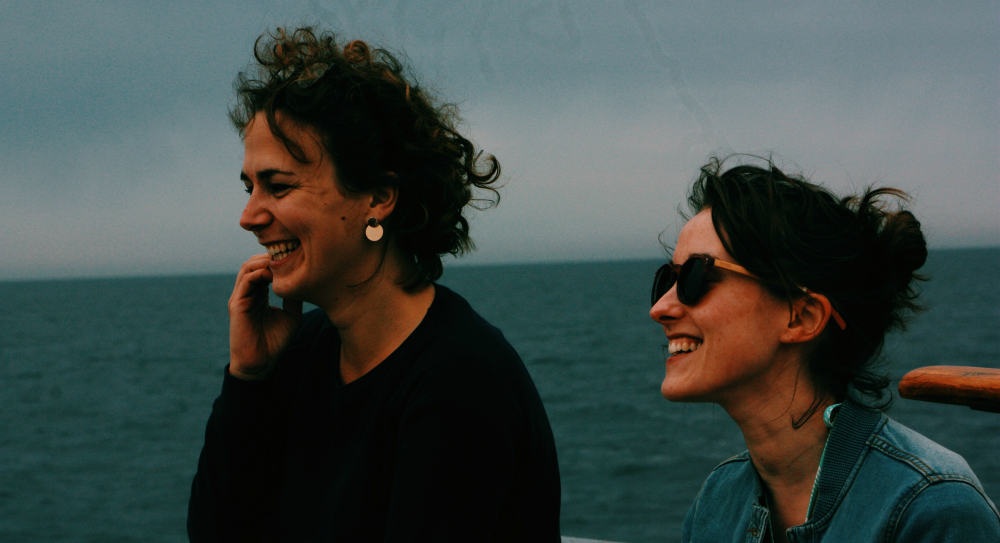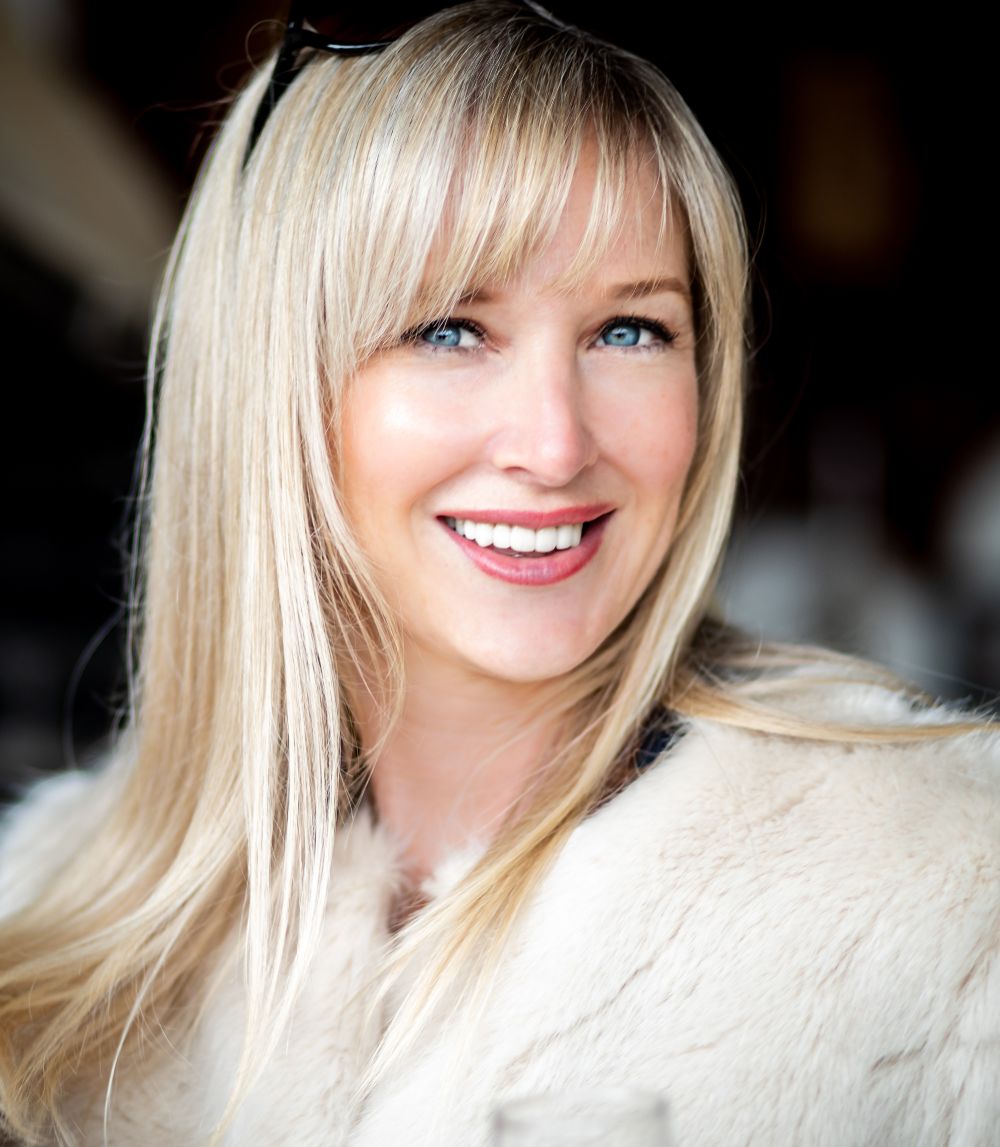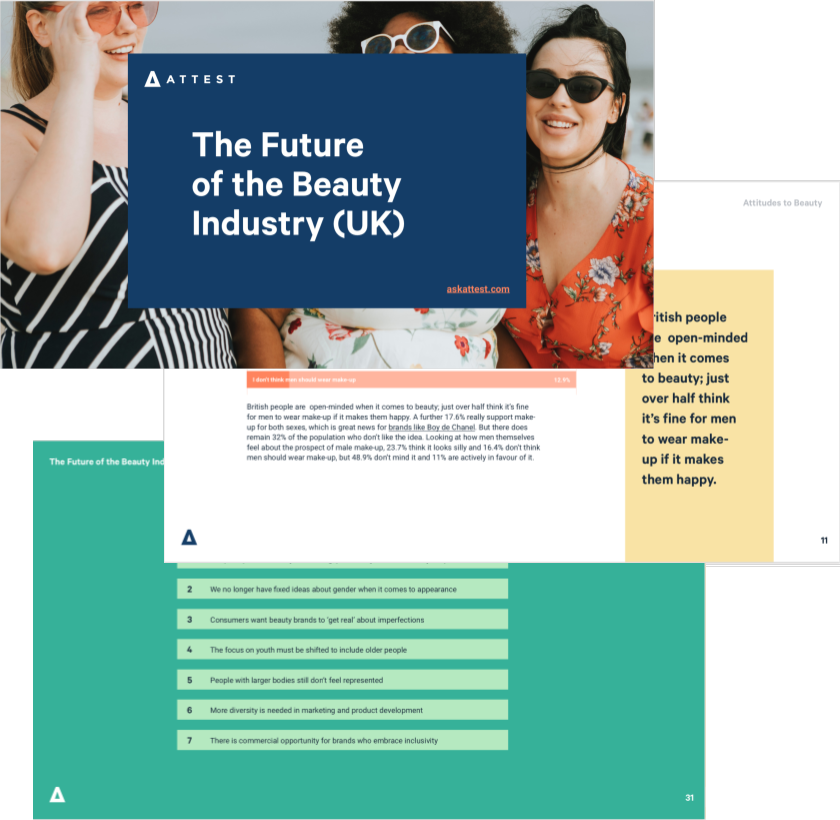10 Ways Views on Beauty Differ Based on Age

Younger generations may have unveiled a new face of beauty (complete with killer contouring and statement brows), but do their views on appearance differ from those of their parents? And if yes, how much?
For our 2019 Future of the Beauty Industry report, we looked at health and beauty industry trends across the board. We surveyed 1,000 UK consumers and found that Brits are becoming more open-minded about what beauty means overall. Find the full report here:
To gain even deeper insight, we’ve analysed the results by age (277 respondents aged 18-30 versus 295 respondents aged 50-64) and discovered some interesting differences in their opinions. When we refer to young people, we’re talking about those aged between 18-30. Older generations refer to those aged 50-64.
Younger people feel more positively towards larger body sizes
Body positivity is a hot topic these days, and likely relates to our survey data, which shows stigma around body size fading away. 39% of the younger generation strongly agree that larger bodies are beautiful. This is 10% higher than the number of people aged 50-64 who strongly agree (29%) with the statement.
Older people are more interested in beauty than young people realise
With most beauty products marketed to young people, it’s perhaps easy to see why 24% of those aged 18-30 agree that beauty is for the young. Only 12% of people aged 50-64 hold this view themselves, and nearly 30% of people in this age group strongly disagree beauty is for the young – this is in comparison to the 18% of younger people who also strongly disagree.
Young people feel more pressure to conform than older generations
Nearly 40% of younger people agree you have to look a certain way to be beautiful or handsome, while only 23% of older people feel this way. Just less than 15% of people aged 18-30 strongly agree with this sentiment, which is 10% higher than the percentage of older people who hold this view strongly.
Authenticity in beauty marketing is more important to younger consumers
Younger people are strongly of the view that beauty should be representative of real people – 44% strongly agree, which is 11.5% more than the 32.5% of older people who also strongly agree beauty marketing should be reflective of reality.
Older people don’t crave aspirational beauty marketing as much as younger people do
Maybe it’s because they’re more comfortable in their own skin, but people aged 50-64 don’t agree that beauty should be aspirational as much as their younger counterparts (42% versus 57%). More than 21% of people aged 18-30 feel strongly they want to aspire to beauty, which is more than twice that of older people (8%).
It’s really important for younger consumers to feel represented by beauty brands
Thanks to social media, young people engage in more communication with the brands they care about than ever before and it has increased their expectations for tailored and personalised marketing. Nearly 60% of people aged 18-30 agree it’s important for them to feel represented by beauty brands (21% strongly agree). This is in comparison to the 32% of consumers aged 50-64 who say it’s important to feel ‘seen’ (10% of whom strongly agree).
Younger consumers are more enthusiastic about transgender and non-binary models appearing in beauty ads
Almost 84% of people aged 18-30 are supportive of trans and non-binary models being used in beauty advertising – 42% agree with the statement, “I think it’s a good thing, beauty is for all genders and sexual identities”, while 42% say they “don’t mind”. Although older people are also broadly accepting (76%), not as many think it’s a “good thing” – 23% do, versus the 53% who simply “don’t mind”.
Older people are more likely to be against the idea of men wearing make-up
Make-up for men is growing in popularity, with some high profile brands introducing male ranges, but people aged 50-64 are less likely to embrace the trend than younger people – 36% express negative sentiment, versus 26% of people aged 18-30. Younger people are more than twice as likely to be in favour of make-up for men – 28% agree with the statement, “I’m in favour, why should make-up be restricted to women,” versus 11% of older people.
Younger people are more inspired by beauty influencers than older generations
When it comes to how they want to look, 26% of people aged 18-30 say they are inspired by influencers. This is in stark contrast to the 1% of older people who say the same thing. Younger people are also significantly more likely to be inspired by reality stars (13% versus 1%), models (19% versus 3.5%) and celebrities (21% versus 7%).
Older people want to see more wrinkles in beauty advertising
Wrinkles are the number one thing people aged 50-64 would like to see normalised in beauty advertising (54% want to see more wrinkles). However, with their youthful skin, people aged 18-30 have different priorities – they would most like to see more stretch marks in ads (53% want to see more of these in beauty ads).
You’ve seen how age influences opinions on beauty. But this is just the tip of the iceberg. Click below for the full report on the state of the beauty industry in 2019.
Tell us what you think of this article by leaving a comment on LinkedIn.
Or share it on:

